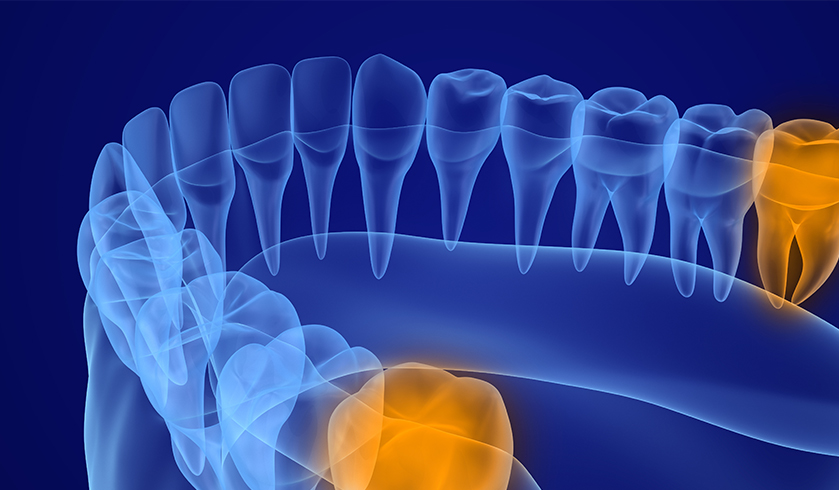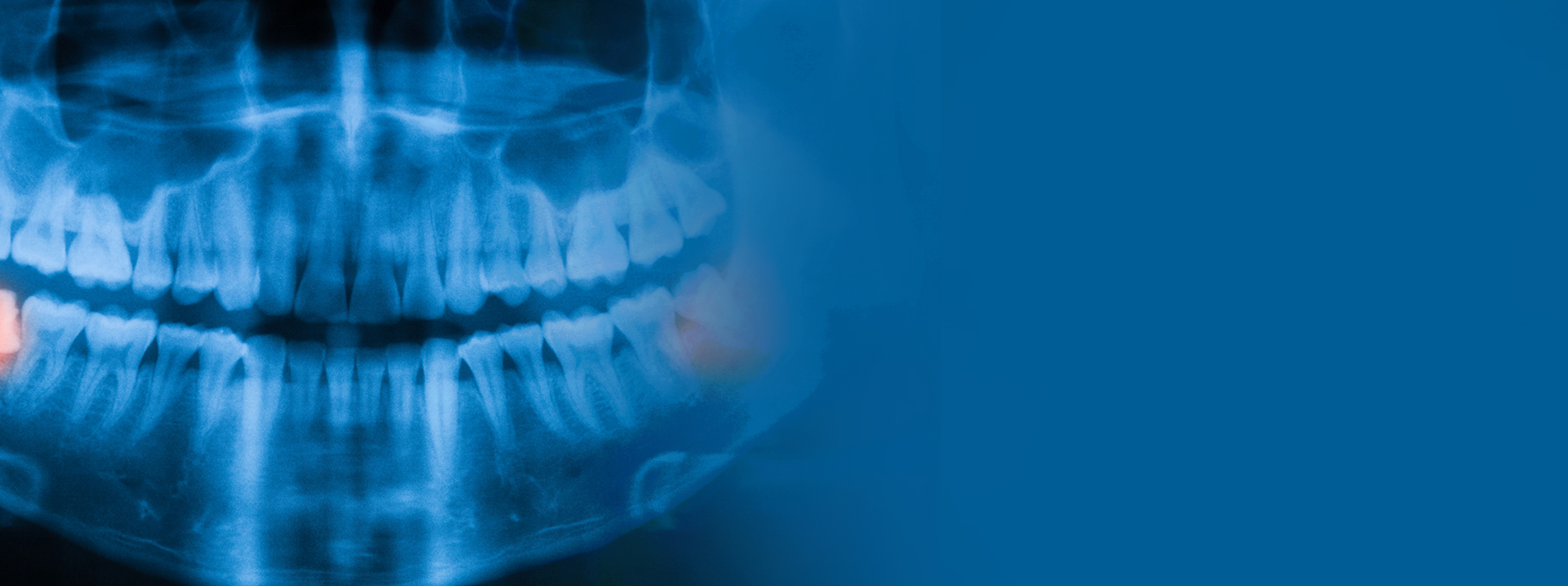Pain can be experienced when the wisdom teeth begin to erupt through the gum tissue. Depending on the severity of pain and how the teeth are erupting or impacting, emergency dental care is occasionally needed to assess development.
Impacted or infected wisdom teeth can lead to serious dental conditions that necessitate emergency dental care. A wisdom tooth infection should be treated as soon as possible to reduce pain and avert the spread of infection.
Contacting an emergency dentist when wisdom teeth become painful allows for essential treatment to reduce discomfort. Painful wisdom teeth are common and typically develop in young people around age sixteen or older.
The sufferer may not know the pain is a result of an impacted wisdom tooth or wisdom tooth infection. Professional dental screenings enable identification of the cause of pain and the right treatment to be provided.

Impacted Wisdom Teeth
Depending on how the wisdom teeth develop pressure may be applied abnormally on the other permanent teeth and gum tissue. Wisdom teeth can erupt into bone or gum tissue, impacting neighbouring teeth and causing pain. The wisdom teeth may grow askew and either horizontal, dorsal, medial or vertical. A dental professional has the experience and education to diagnose the type problem and how best to treat it.
Gum inflammation can develop around impacted teeth and cause pain. Infection can develop and neighbouring teeth may become misaligned, protrude or crooked. Individuals suffering from these conditions often have need of orthodontic care.
In some cases, wisdom teeth extraction is necessary to prevent further spread of infection and teeth misalignment. Tooth extraction can be followed by orthodontic care for straighter, functional bites. If this type of treatment is needed and not chosen, infection and tooth decay can lead to gum disease and tooth loss.
Painful wisdom teeth pose dental and medical emergency risks. Getting professional dental treatment for wisdom teeth pain helps to relieve symptoms and correct alignment.
Treating Wisdom Teeth Problems
To prevent serious dental and medical complications individuals should contact an emergency dentist to remove infection from wisdom teeth and gum tissues.
Dentists screen the patient to determine the spread of infection, find if a cyst or abscess is present and assess potential impaction. Treatment is provided and where necessary extraction is recommended.
The monitoring of wisdom teeth development by a dentist works to identify early infection and prevent painful symptoms. Treatment can be provided to remove the start of infection. In some cases, leaving the wisdom tooth to naturally develop is an option, but it is best to base your decision on the feedback of the dentist.

Infected Wisdom Teeth
Once the milk teeth are replaced by permanent teeth it is a good idea to have wisdom teeth development monitored by a dentist. Doing so allows early detection of wisdom tooth conditions and prevents the likelihood of pain and infection.
Dentists screen wisdom tooth development through dental X-rays and imaging. Bone structure and dental form are evaluated to see the angle at which the wisdom teeth are growing and identify early signs of impaction or risk of infection.
Dentists provide early intervention to avoid painful symptoms. If individuals neglect dental check-ups and dental care they can find their chances of impaction and/or infection to be higher. Poor dental hygiene also contributes to wisdom teeth infection, particularly as these teeth are located at inconvenient areas at the back of the jaw.
When infection has an impact on gum tissue or the wisdom tooth socket, pain radiates through the jaw and some experience headaches and fever. An abscess or cyst can also form and lead to the need for emergency dental treatment.
If treatment is not undertaken the infection may lead to tooth decay and gum disease. Jaw disorders can also develop and require extensive orthodontic treatment or surgery. Early treatment removes infection, stops pain and prevents further development of the condition.
Wisdom Tooth Extraction
Emergency dentists will always try to protect existing tooth structure. However, wisdom teeth that do present a high risk of impaction and infection and are often removed.
When wisdom teeth become painful and require extraction, the dentist will explain the benefits, risks and costs of wisdom tooth extraction. All patients undergo a pre-operative consultation.
Typically, patients are asked not to eat or drink anything 24 hours before surgery. It is advised that the individual be accompanied to the operation and home afterwards as they may be disorientated and not fit to drive. After general anaesthetic it is also recommended that the person has someone stay overnight if care is needed.

A general anaesthetic is usually provided for pain-free wisdom teeth removal. The gum tissue around the wisdom tooth is sliced and lifted, after which the dentist uses dental instruments to remove the wisdom tooth, either whole or in parts.
The duration of treatment depends on the severity of the condition; for example, if the wisdom tooth growth is in the gum tissue or bone. Wisdom teeth trapped in bone require more complex procedures. Dental X-rays identify the development of wisdom tooth and how best to extract the tooth.
After surgery the gum tissue is stitched back into place with dissolving sutures for healing. Surgery duration is usually about an hour, with thirty minutes recovery time thereafter while the patient recovers from general anaesthetic. Once deemed safe to go home patients are discharged from the clinic or hospital.
A follow-up dental appointment is scheduled to monitor healing. Further dental care may be recommended if neighbouring teeth have been pushed out of place and become misaligned.
